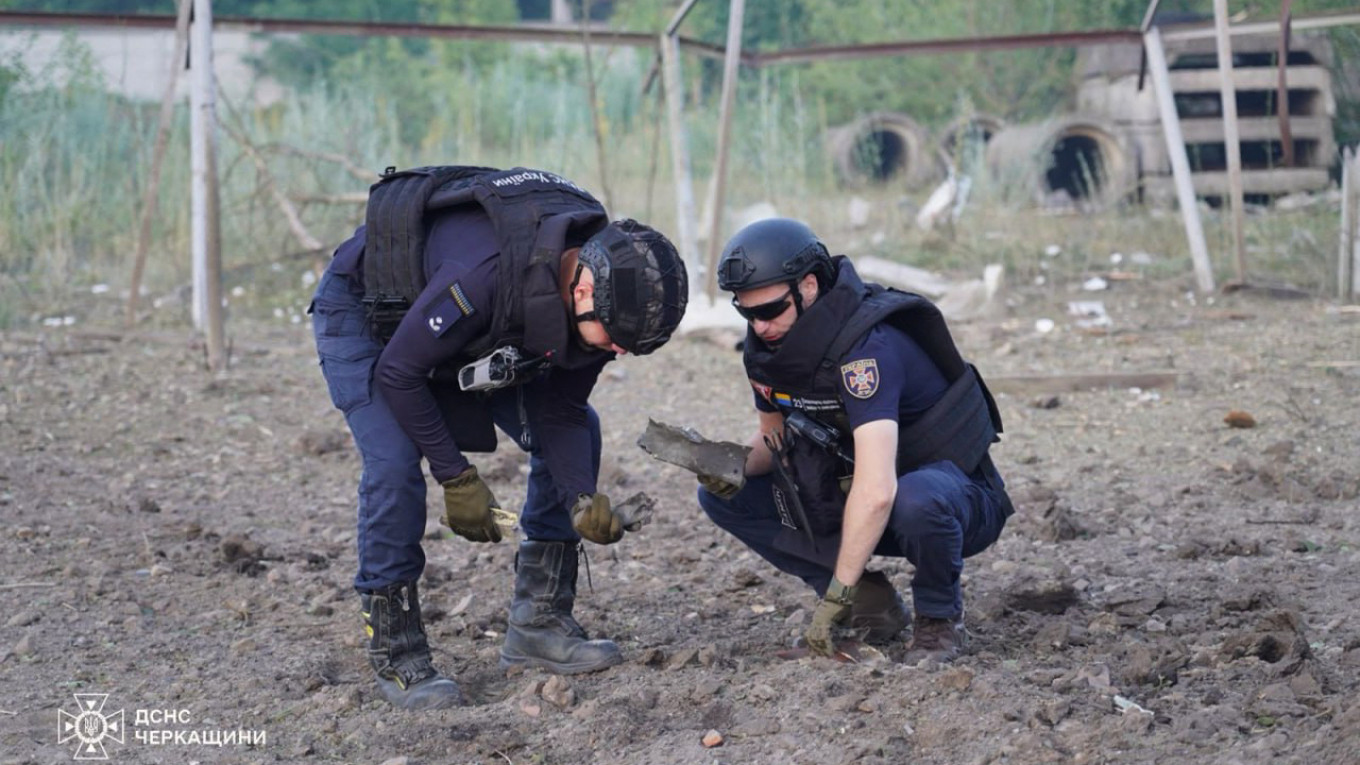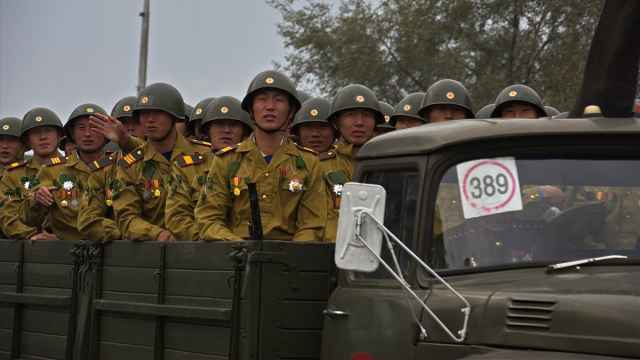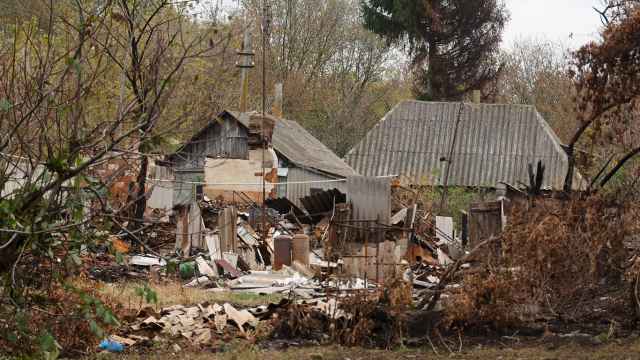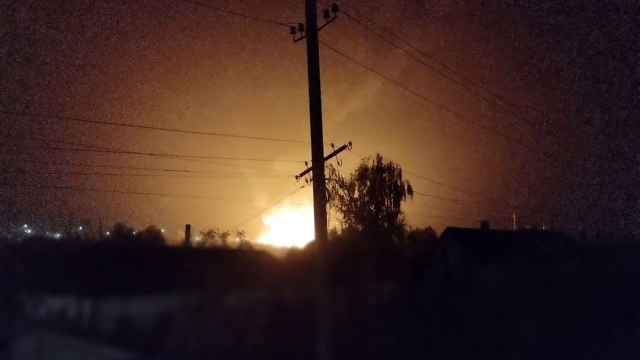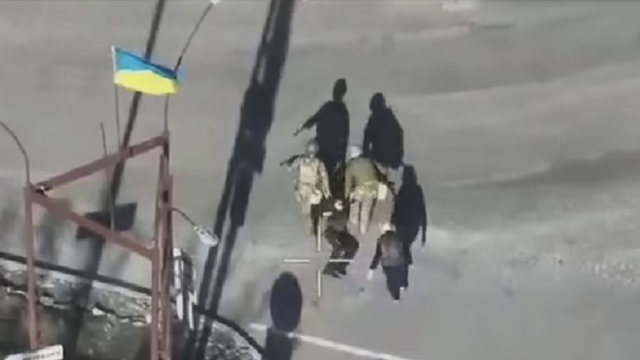Ukraine's President Volodymyr Zelensky on Sunday signed a decree putting his war-torn country on track to leave the anti-landmine Ottawa Convention, according to a document published on his website.
The treaty bans signatories from acquiring, producing, stockpiling or using anti-personnel mines, which are designed to be buried or hidden on the ground.
They often leave victims mutilated if they are not immediately killed, and aid groups denounce the long-term risk of unexploded mines for civilians.
More than 160 countries and territories are signatories to the Ottawa Convention, though neither the United States nor Russia have joined.
"I hereby decree ... to put into effect the decision of the National Security and Defence Council of Ukraine dated June 29, 2025 on Ukraine's withdrawal" from the landmark convention, Zelensky said.
To enter into force, the decision still must be ratified by the Ukrainian parliament and notified to the United Nations.
Confronted with Russia's invasion, "Ukraine is compelled to give unconditional priority to the security of its citizens and the defence of the state," Ukraine's foreign ministry said in a statement.
It said the decision to withdraw was "difficult but necessary" in order to "protect our land from occupation, and our people from horrific Russian atrocities."
"This step has been demanded by the reality of war long ago," a Ukrainian lawmaker, Roman Kostenko, said on social media.
"Russia ... uses mines against our military and civilians on a massive scale. We cannot remain bound by conditions when the enemy has no restrictions," he said.
The treaty withdrawal, more than three years into Moscow's invasion, follows similar decisions by Kyiv's allies Poland, Finland, Lithuania, Latvia and Estonia — all neighbours of Russia.
In March, human rights groups condemned their intention to pull out from the convention.
A Message from The Moscow Times:
Dear readers,
We are facing unprecedented challenges. Russia's Prosecutor General's Office has designated The Moscow Times as an "undesirable" organization, criminalizing our work and putting our staff at risk of prosecution. This follows our earlier unjust labeling as a "foreign agent."
These actions are direct attempts to silence independent journalism in Russia. The authorities claim our work "discredits the decisions of the Russian leadership." We see things differently: we strive to provide accurate, unbiased reporting on Russia.
We, the journalists of The Moscow Times, refuse to be silenced. But to continue our work, we need your help.
Your support, no matter how small, makes a world of difference. If you can, please support us monthly starting from just $2. It's quick to set up, and every contribution makes a significant impact.
By supporting The Moscow Times, you're defending open, independent journalism in the face of repression. Thank you for standing with us.
Remind me later.


